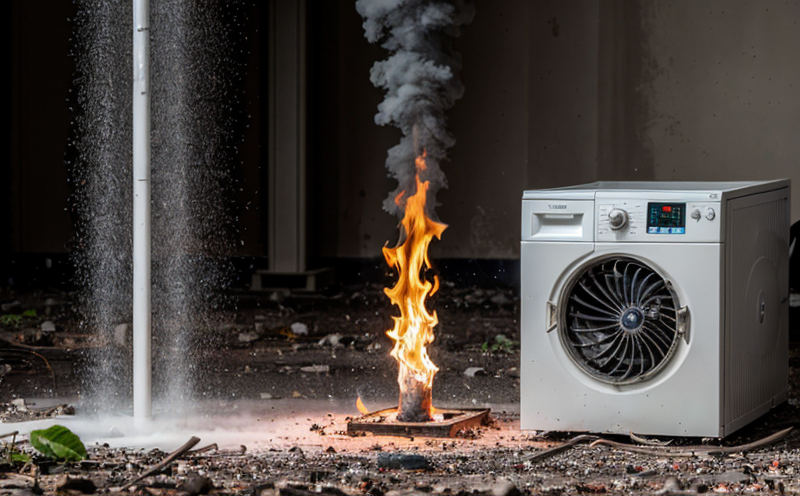IEEE 1188 Environmental Stress Testing of VRLA Batteries
The IEEE 1188 standard is a comprehensive framework for the environmental stress testing of valve-regulated lead-acid (VRLA) batteries. This service ensures that these critical components meet stringent performance requirements under extreme conditions, thereby enhancing reliability and safety in various applications.
VRLA batteries are widely used across sectors including telecommunications, utilities, data centers, and automotive industries due to their robust design and low maintenance needs. However, these batteries must withstand harsh environmental conditions such as high temperatures, humidity, and voltage fluctuations without compromising performance or integrity.
Our laboratory adheres strictly to the IEEE 1188 standard, which includes rigorous testing protocols designed to replicate real-world stressors that VRLA batteries encounter. This process involves subjecting the batteries to controlled environments mimicking conditions such as high heat (up to +45°C), cold (-20°C), humidity levels up to 95%, and voltage variations.
The testing procedure begins with thorough preparation of the specimens according to the standard's specifications. This includes ensuring that each battery is in optimal condition prior to exposure. Once prepared, batteries are subjected to controlled environmental chambers where they undergo a series of stress tests. These tests simulate operational conditions that could potentially degrade battery performance over time.
Testing criteria for VRLA batteries under IEEE 1188 include measuring specific gravity changes, internal resistance variations, and capacity retention rates after exposure to specified temperature and humidity levels. Our state-of-the-art equipment provides precise measurements throughout the testing process, ensuring accurate results that reflect real-world performance.
Post-testing analysis involves evaluating various parameters such as open-circuit voltage, charge acceptance, and cycle life. These evaluations help determine whether the VRLA batteries meet IEEE 1188 standards for reliability under environmental stress conditions. Compliance with these standards is crucial for ensuring safe and efficient operation of power systems relying on VRLA batteries.
Our service offers more than just compliance testing; it provides valuable insights into how different environments impact battery performance, helping clients optimize their product designs and improve overall system reliability. By adhering strictly to IEEE 1188 guidelines, we ensure that our clients receive accurate results aligned with industry best practices.
- High-temperature testing (up to +45°C)
- Cold temperature testing (-20°C)
- Humidity levels up to 95%
- Voltage variations
Scope and Methodology
The IEEE 1188 standard covers the environmental stress testing of valve-regulated lead-acid (VRLA) batteries used in various applications, including telecommunications, utilities, data centers, and automotive industries. The scope includes the following:
- Testing under high-temperature conditions
- Cold temperature testing
- Humidity levels up to 95%
- Voltage variations
The methodology for conducting these tests involves preparing the batteries according to specific guidelines, subjecting them to controlled environmental chambers, and measuring key performance indicators such as open-circuit voltage, charge acceptance, and cycle life. Post-testing analysis evaluates compliance with IEEE 1188 standards.
Eurolab Advantages
Choosing Eurolab for your IEEE 1188 environmental stress testing of VRLA batteries offers several advantages:
- Accurate and precise measurements using state-of-the-art equipment.
- Comprehensive post-testing analysis to ensure compliance with industry standards.
- Insights into how different environments impact battery performance, helping optimize product designs.
- Dedicated technical support throughout the testing process.
- Quick turnaround times for test results.
Environmental and Sustainability Contributions
The IEEE 1188 environmental stress testing of VRLA batteries plays a crucial role in promoting sustainability by ensuring that these critical components meet stringent performance requirements under extreme conditions. This not only enhances reliability but also helps reduce waste and extend the lifecycle of batteries, thereby contributing to resource conservation.
- Reduces operational costs by identifying potential failures early
- Promotes longer battery life through optimized design considerations
- Aids in recycling efforts by ensuring batteries meet strict standards before disposal
- Supports regulatory compliance, reducing the risk of non-compliance penalties





